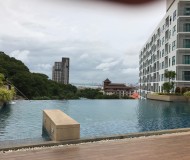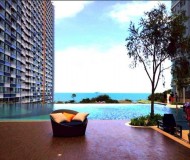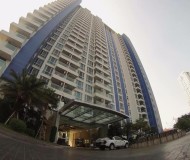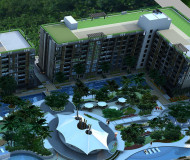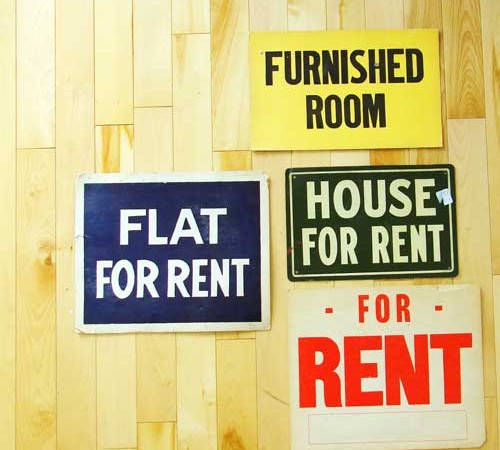
Thai Law For Rental, Lease and Hire
Thailand is a great place to get away from the usual hustle and bustle of life. It provides you the opportunity of visiting various amazing spots so that you can enjoy some quality time with your family and friends. Life today has become very busy and hectic, therefore a vacation not only rejuvenates you but also provides you with a new boost of energy to face the world again with the same spirit. Thailand can be one such destination which provides you with all that you want during your vacation. The beaches, mountains, forests, and even the urban cities, offer you a breath of fresh air. The local people who live here are great company, as they are warm and welcoming. It can never be a bad idea if you are planning to buy, rent, lease or hire a place here in Thailand. This place can be used as a vacation home for yourself or can be used in the form of an investment too.
As the cost of living, the ambience, and the lifestyle of Thailand is so attractive, you would always want to acquire property here, but there are certain laws pertaining to the lease, rent and hiring of properties in Thailand that you must know first. The property lease in Thailand is taken as an agreement which is administered by the section, ‘hire of property’, which includes Section 537 and Section 571. The property laws, which include hiring in Thailand, are terminated after the occupant’s or tenant’s death and cannot be inherited by their heirs. This is the downside of buying properties leased in Thailand. One can lease a property in Thailand for a period of 30 years and once the term is completed the lease gets automatically terminated. There are some variations in the leasing time that a few of the owners provide, with various addendums to it. These kind of agreements between the lease holder and the owner are intricate in nature and are different from the ownership laws of the land.
These different set of laws include an additional lease term of 30 years for upgradation to free hold the title. These kind of laws are not under the control of Thai law at present and can be sometimes deemed unlawful for the foreigners who are limited in their ownership of the lands here. The maximum and minimum term which is permitted here is 30 years and less than 30 years respectively. In the process of renting a property which is immovable (includes homes and condos), you should have written evidence with signatures of the liable parties.
People who own the lands or the landlords should be well acquainted with the codes that also include their responsibilities before handing over the place to the tenants. Major repairs and replacements are the responsibility of the property owner. This includes various activities like providing the tenants with a property in good condition. In case it is found in substandard conditions, the lease can be terminated by the tenants. In addition to this the tenant is not allowed to make any modifications or alteration in the leased property without the permission of the property landlord. The permission from the land owner for modifications should be in written for legal purposes. If the tenant makes any alterations in the property without the consent of the landlord, they will be penalized accordingly depending upon the damage or loss from it. For various other small and common alterations like small repairs and replacement of light fixtures, the tenant is responsible for them according to section 553. The tenants cannot use the additional facilities provided in the property, for example if the tenant is leasing a condo then he will not be allowed to use the clubs or sports area according to section 552.
In case there is a breach of agreement by the tenants, the landlords should re-examine the lease with included clauses (if any) and act accordingly. The landlord, in cases agreement breaches, which are not addressed, should seek legal help and go ahead with fixing the breach.
